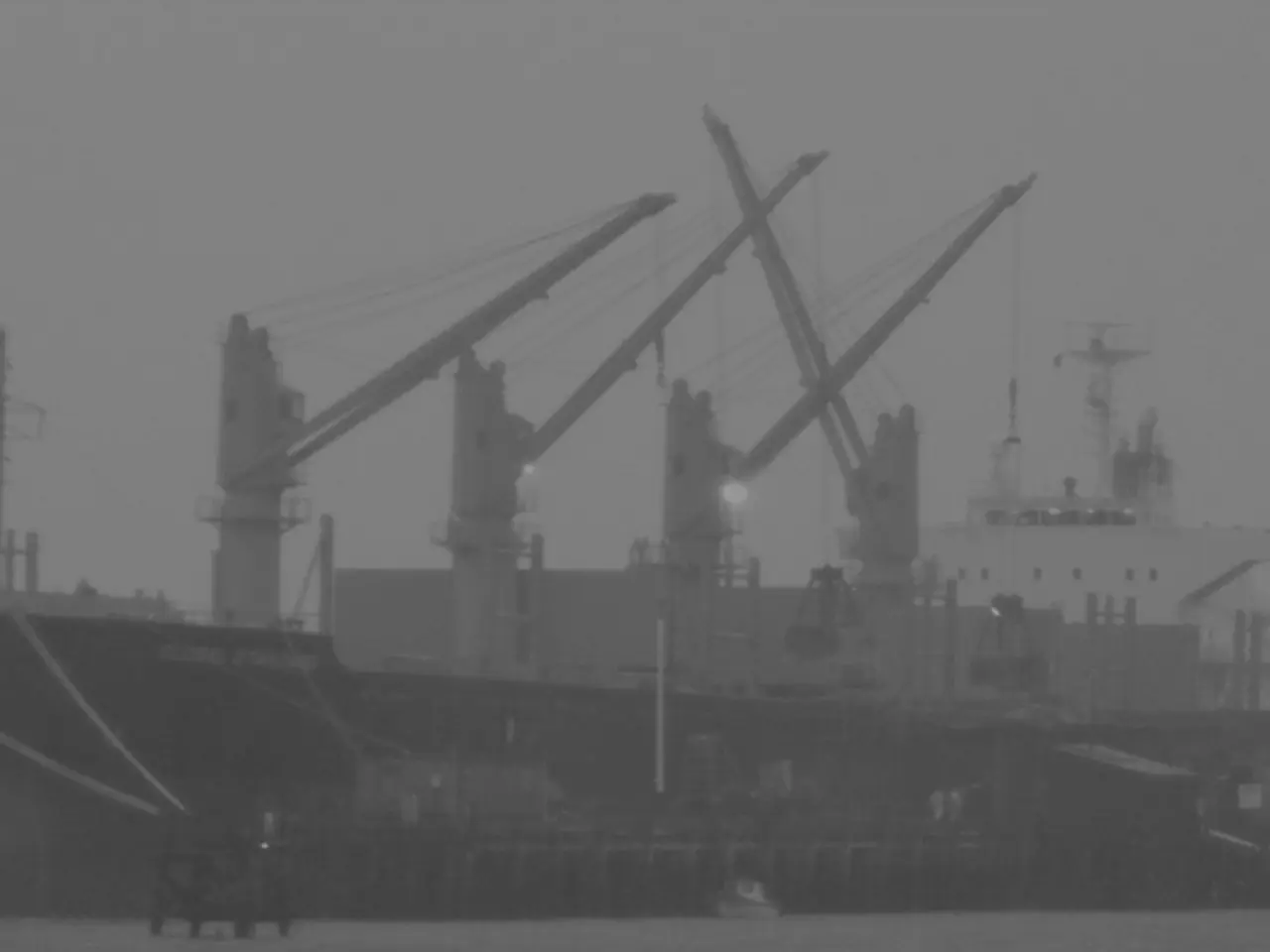Greenpeace: Oil tankers of the shadow fleet pose a threat to the Baltic Sea - 188 Russian Oil Tankers Threaten German Baltic Coast
Since mid-June, a significant number of oil tankers, totalling 188, have traversed the German Baltic coast. These vessels, originating from Russian ports, carry millions of tons of crude oil. The EU plans to sanction around 200 ships from Russia's so-called 'shadow fleet', including these tankers. Greenpeace has raised concerns about the environmental risks posed by these ships.
Among the tankers, 70 were at least 20 years old, raising questions about their safety for crude oil transport. Alarmingly, 123 of these vessels were already on sanctions lists, and 27 were 'ghost tankers', unregistered in any fleet. The Russian shadow fleet, which these tankers are part of, is known for using old ships and false flags to circumvent international sanctions.
In response to this situation, Greenpeace has urged the German federal government to secure the coasts and explore the possibility of denying passage to ships without a flag. The environmental organisation warns that an accident involving these tankers could result in a substantial environmental hazard along the German Baltic coast. The Baltic coastal states, along with Belgium, the Netherlands, and the United Kingdom, have expressed their intention to take decisive action against the Russian shadow fleet.
The passage of 188 oil tankers from the Russian shadow fleet along the German Baltic coast has sparked concern. With many of these ships being old, sanctioned, or unregistered, the risk of an environmental disaster is high. Greenpeace and several European countries are calling for action to secure the coasts and prevent further passage of these vessels.
Read also:
- THW Marks 75 Years of Saving Lives at Home and Abroad
- Federal petition from CEI seeking federal intervention against state climate disclosure laws, alleging these laws negatively impact interstate commerce and surpass constitutional boundaries.
- Hydrogen Energy: Sustainable Innovation or Resource Exploitation?
- Dim outlook for a major energy corporation







